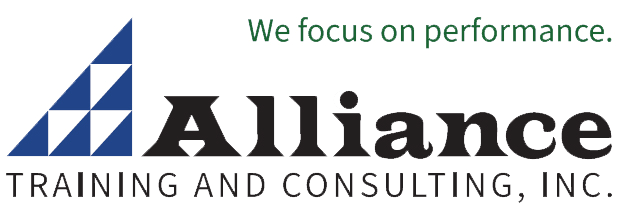Finance and Accounting for Non-Financial Managers
Onsite seminar trains basic accounting principles and practices
Learn How to Read Financial Statements
Be able to evaluate balance sheets, income statements, cash flow & more
Make Better Finance and Management Decisions
This interactive, 2-day training workshop is designed to help you master the fundamentals of Finance and Accounting, crucial for effective management. You will learn how to read and evaluate key financial statements, including balance sheets, income statements, and cash flow statements, empowering you to make better financial and management decisions. Whether it's about budgeting, cost control, investments, or managing cash flow, this course will equip you with the financial knowledge essential for success in any business environment. (Can be customized for 1-day training) (CPE credits available)
This Finance and Accounting for Non-Financial Managers course enables managers to make better budget related decisions.
Who Should Attend
All management employees who do not possess extensive experience or education in accounting and financial topics, and executive secretaries or administrative assistants.
Finance and Accounting for Non-Financial Managers Training Objectives
- Recognize the general body of accounting and financial knowledge
- Understand the major accounting and financial topics that business managers use most often
- Be able to read and evaluate financial statements
- Make better budgeting and management decisions
Overview of topics and Learning Points developed
- Recognize accounting processes
- How financial transactions are recorded in the accounting system of a company
- How these entries eventually lead to the generation of financial statements
- Identify accounting principles that every manager should know
- Distinguish financial statements: balance sheet, income statement and statement of cash flow
- Analyze financial statements
- How to read,
- Analyze and
- Evaluate the financial performance and health of a company
- Assess the content and format of an annual report
- Explore budgeting concepts
- Prepare a sample comprehensive budget
- Recognize profit planning and cost-volume-profit analysis
- Techniques which emphasize the behavior of costs and cost controls
- Prepare for future operations and funds flow
- Cash budgeting or cash flow analysis for short-term projections
- Projected financial statements for longer-term analysis
- Recognize how a business is financed
- Review of different types of debt and equity financing
- Recognize the advantages and disadvantages of each
- Measure return on investment (ROI)
- Assess capital budgeting concepts
- Recognize cost of capital concepts
- How to compute the time value of money
- Distinguish the different types of capital expenditures and how they should be justified
- How to carry out recommended process for obtaining budget approval
